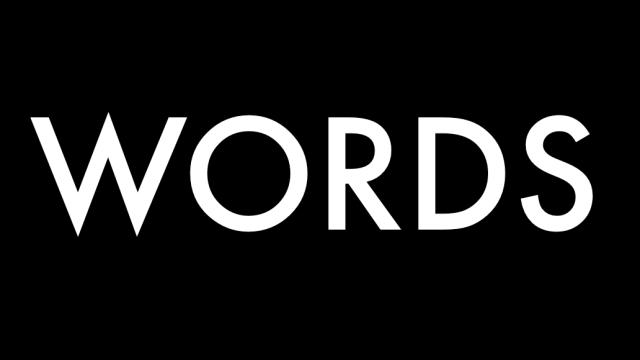“Cloud Storage For Your Physical Stuff.” Does that phrase make sense to you? If you’re breathing the noxious fumes wafting from Silicon Valley, perhaps it does. But should it? Should that be a thing we can say with a straight face without seriously re-examining the way we talk about our world?
Today, Fast Company published a post about a company that sounds like it’s offering a very useful service. For a fee, Makespace will store your stuff. You sign up, get some bins, pack your things up, send them off, and they will store whatever you like.
Useful, right? Very! But it’s the words Makespace uses to describe its product that trip me up: Cloud storage for your physical stuff. Dropbox meets storage unit. I honestly feel like my brain is broken. Because I fully understand what “cloud storage for your physical stuff” means. It makes perfect sense. And yet it shouldn’t.
We have to acknowledge Silicon Valley now dictates our national lexicon, and it feels like going to a Scientology meeting on speed:
“It’s like Uber, but for flower delivery.”
“It’s like cloud storage, but for physical stuff.”
“It’s like language, but for robots.”
The language of start-ups has seeped into our brains and it’s slowly poisoning us. Those of us focused on the future of technology can’t escape talking about tomorrow without fully surrendering to the idea that we’re all marketing professionals now.
We’ve used a number of different shorthands, like IRL (in real life), to distinguish between the internet-sphere and the so-called real world for a long time. But more and more often, the “real world” no longer takes precedence — at least when many of us are trying to talk about the future. It’s seems like a minor thing, but this shift is having very real consequences.
Technological language is political. Technological language is economic. Technological language defines us more than we’d care to admit. The way we talk about the future — the words we use, the phrases we borrow — is a surprisingly accurate barometer of what that future will hold. And if we care at all about building a cooler world, we should probably pay more attention to the words we use to talk about it.
The most recent episode of HBO’s Veep tried to parody Silicon Valley. Julia Louis-Dreyfus’s character meets with a Zuckerberg-esque CEO who talks in this over-the-top way that didn’t even read as parody. He describes his company as “post-tax.” It didn’t set off any alarm bells in my head. Of course that’s how a tech CEO would describe his company, right? But what happens when that incendiary language oozes into the rest of the world?
I’ve always tried to maintain some kind of historical perspective when we lament the death of something from the “good old days.” But I sincerely think I might be evolving into a full-fledged Luddite. It’s not the constant torrent of information that makes me feel like I’m drowning — it’s the language we use to describe our future that makes we wonder if I’m stuck in the river without a life vest. Recently I’ve done little more than fantasize about getting a cabin in Montana without internet access. And I’ve never earnestly done that before.
What will be the real world consequences of pushing this linguistic Overton Window off into a seasteading neoliberal orgy where we’re all independent contractors? It sure looks like a crippling dystopia of curdling shit to me.
I think I just need a holiday.
